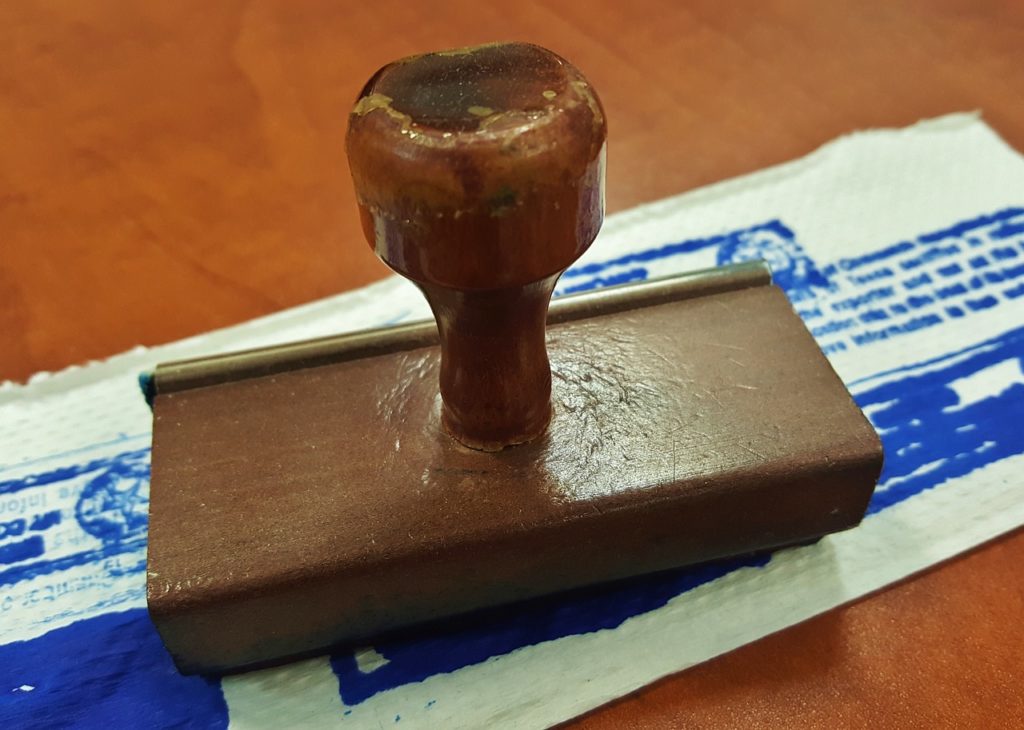Pretty much every month, one of my law firm’s international lawyers gets an email or a phone call from someone (often a fellow lawyer) seeking assistance with making a China related document legal for some sort of use somewhere in the world. Maybe 40 percent of the time, the request relates to a need to authenticate an official Chinese document or government record so it can be used in a court or government filing or transaction. Maybe another 40 percent of the time, it is essentially the opposite: the person needs a domestic document authenticated so it will work for a Chinese court or a Chinese government filing or China transaction. The other 20 percent involves getting a document authenticated so that a transaction — usually involving an estate, a house, or a bank — can move forward.
We just got a new such matter and because it requires a U.S. notarization for someone who is both ill and in remote China, we probably will need to fly over a U.S. notary for this. I mention this only to emphasize how the handling of each of these matters is dependent on both the facts and the client’s goals.
Much of the time, the party reaching out to us expects a quick answer that will allow them to do what they need to do, at little to no cost. Pretty much without exception, we have to burst that bubble by explaining how these things are quite complicated and time consuming and, hence, not cheap at all. COVID and the shrinking of embassies and consulates has only made things even more difficult and expensive.
What is actually required varies in pretty much every instance, depending on the exact reason the authentication is needed and if we are to provide legal counsel regarding these things we typically need to do the following:
1. Research exactly what will be required. This typically involves reviewing the law and talking with the appropriate government official. We often need to talk with government officials and parties in both China and in the other country. At least half the time, these conversations reveal that there are other, oftentimes less complicated and less expensive options that can also work. It is amazing how often a bank will initially say that a particular document is required and then completely back down from that requirement after we explain that there is no such document in China.
2. We usually must secure a notary in a specific city to notarize a document and many times we also must deal with the appropriate Secretary of State (or comparable) for an apostille (or comparable) and with the appropriate consulate or embassy or court for the consularization or legalization. Accomplishing these things can be quite time consuming as they often involve multiple letters and phone calls, and even occasionally flights when things get delayed.
3. Translations are also often required.
Just saying. . . .

























